Is it exciting to know that youll be bringing a community that is still so under-represented to TV?
TANYA SARACHO: No pressure, right?!
We were like, Oh, my gosh, are we getting this right?
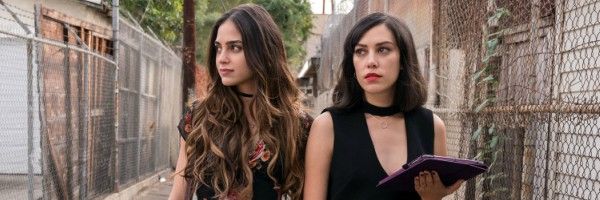
Its exciting to be representing it.
We get to do it right.
Starz really was supportive, every step of the way.
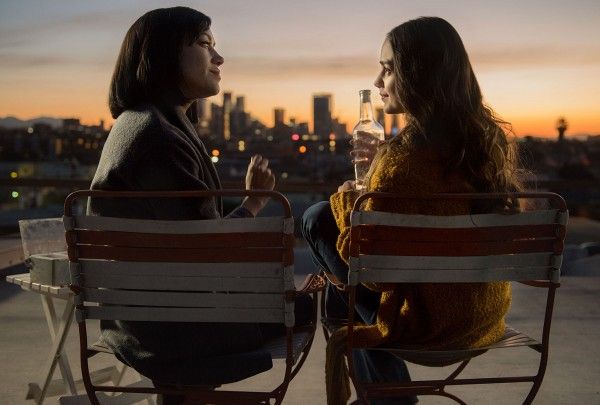
Image via Starz
It started with casting.
Thats where you populate the world.
My casting director is a Latina, and shes awesome.
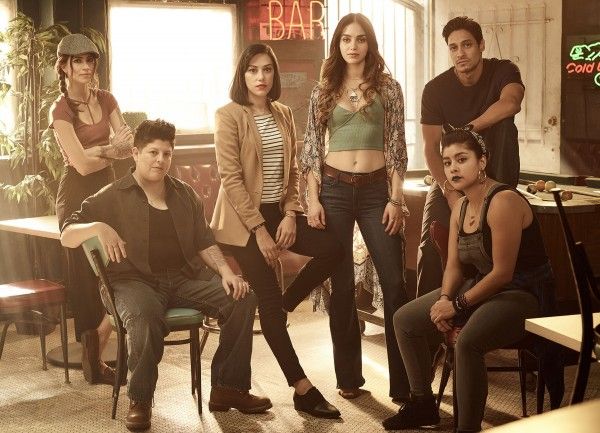
Image via Starz
Starz just trusted us, from the casting to the way we stacked the writers room.
Its just been really exciting to get to do it right.
You cant fake that.
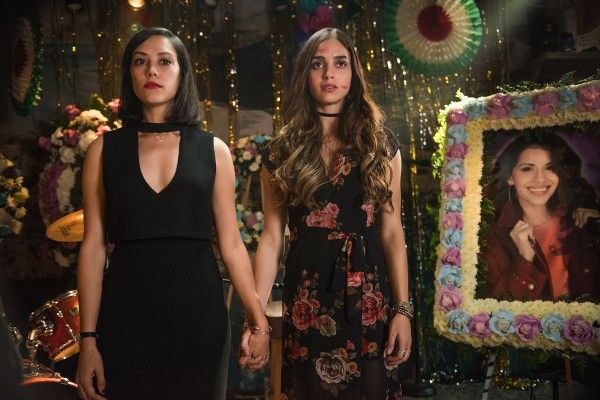
Image via Starz
My composer is Mexican and was one of the composers ofCoco, and my cinematographer is Colombian.
It was just built right.
What do you remember about your first day, as a showrunner?
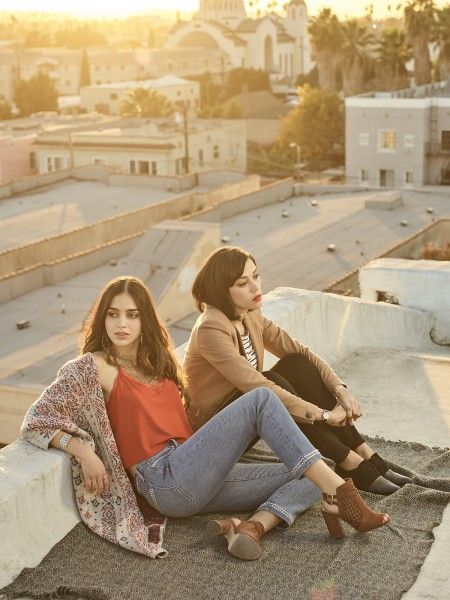
Image via Starz
SARACHO: Ive been panicking since we started.
Our big boss, Chris Albrecht, said, Tanya, today you became a showrunner.
And then, another day would happen and someone else would say, Today you became a showrunner.
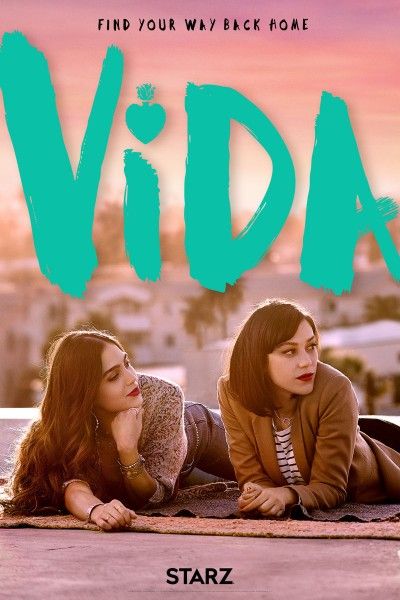
We were being protested by Mariachis, and we dealt with that fire.
And then, on the same day, school teachers were protesting, just randomly.
We figured it out.
Youre panicking and going with it, and then you do it.
How did this end up a six-episode, half-hour drama?
Were there ever discussions of more episodes, or doing an hour instead of a half-hour?
SARACHO: That was always what Starz was offering.
The first season was six episodes.
We have a sister show,Sweetbitter, and theyre six episodes, too.
All of those decisions are Starz.
How far ahead have you thought about the series and where you could take the story that youre telling?
SARACHO: Far enough.
The way I looked at the first season was as a three-hour pilot.
Now, you’re free to begin the book.
That was the prologue.
What led to that decision?
SARACHO: That was in the first meeting, I was like, I will never have subtitles.
I have 16 plays, and we dont ever do subtitles.
You cant do subtitles in the theater, so I was like, Im not gonna do subtitles.
Youll never lose the story.
I was not worried.
I have more faith in an audience, that theyre gonna get all of it.
The Spanglish is sometimes dedicated to some Latinx that have not heard themselves reflected that way.
But the story, a non-Spanish speaking audience is not gonna miss it.
There are so many interesting, complex characters on this show, especially among the women.
They just start talking while Im typing.
I know that sounds hokey, but thats really how I see it.
Im excited about something with each character.
Their presence has been very much curated.
I put him in the show, in the front row for two of the episodes.
From the actresses to the world, it has been very carefully crafted.
What were you looking for, in casting that role?
I love that because its like the jokes on you.
You thought wrong about them.
I dont know if youve talked to Ser, but theyre non-binary.
They were like, What?!
It was a year after that, that we started casting.
I just looked like a freak.
SARACHO: Well, you just said it.
We havent gotten a chance to tell those stories for Latina women.
We start off somewhere and it just detours, regarding the characters.
Beyond the series, you also signed a three-year overall deal with Starz.
What are you looking and hoping to do with the web connection, along with and beyond this show?
SARACHO: I would like to do more millennial, Latina, complicated stories.
I love how completely passionate and excited you are about all this!
How did you go from being a playwright to writing for and now creating TV?
Was this always the goal, or has this path been surprising?
SARACHO: I didnt even know it was a thing.
And then, a job happened, a few months after that, and now Im here.
I didnt know anything about TV.
I dont even know if I owned a TV.
No, I did own a TV!
SARACHO: Well, I always have something big enough to say as a playwright.
The right person asked the right question, and here we are.
I dont know how the goddesses and gods and the stars aligned.
I got the opportunity, and I do have to note that a Hispanic woman gave me that opportunity.
Thats who my executive is at Starz.
It does matter, who opens that door for you.
It was mostly men building this show about Latina women, and the optics were all wrong there.
I was like, whats happening?!
And mostly all white guys.
I was onLookingand I was the only girl, in the first season.
it’s possible for you to tell that in the show becauseLookinghad no real women characters.
But thats okay, now theyre in my show!
Youre making up for all of that now!
Vidaairs on Sunday nights on Starz.